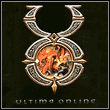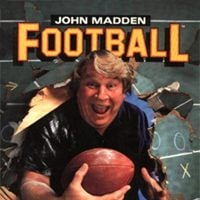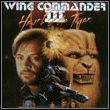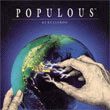"It's in the game!". History of EA - From Table-top Fail, to Legends, to... Anthem

- History of EA - From Table-top Fail, to Legends, to... Anthem
- Electronic art
- "It's in the game!"
- The Golden 90s
"It's in the game!"
Was Electronic Arts born from the failure of a single board game? Probably yes. In 1970, Trip Hawkins created his own board game (dedicated to American soccer); it was called Accu-Stat Pro Football. It was quite the major project, no lousy gimmick. Hawkins conveniently borrowed money from his father and intended to conquer the market, but he failed. Later on, his close friends claimed that Electronic Arts was created mainly as pretext for creating another such game – simply in order to mend the original mistake. This time, however, the whole thing was to be more authentic, with more compelling cover. In 1988, Hawkins made a deal with one of the most vivid characters in the NFL, establishing the John Madden's Football series, the longest-running Electronic Arts' series of games to date. It was also the first step towards the creation of the EA Sports division.
EA Sports officially launched in 1991. Under this banner, EA obtained licenses of the NFL, of course, but also the NHL, NBA, NCCA, PGA, NASCAR and FIFA. With games about cricket, Formula 1, rugby or baseball released occasionally to complete the set. Already at the beginning of the 90s, EA was an unquestionable leader in sports games. Interestingly, in 2010, many EA Sports titles were abandoned on PC, due to piracy and huge increase in popularity of consoles at the time. FIFA never ceased PC support, and in 2018, Madden returned there as well. Currently the EA Sports portfolio is not as diverse as it used to be. In addition to two varieties of football, we also have NHL and UFC. The last NBA Live game was released in 2018.
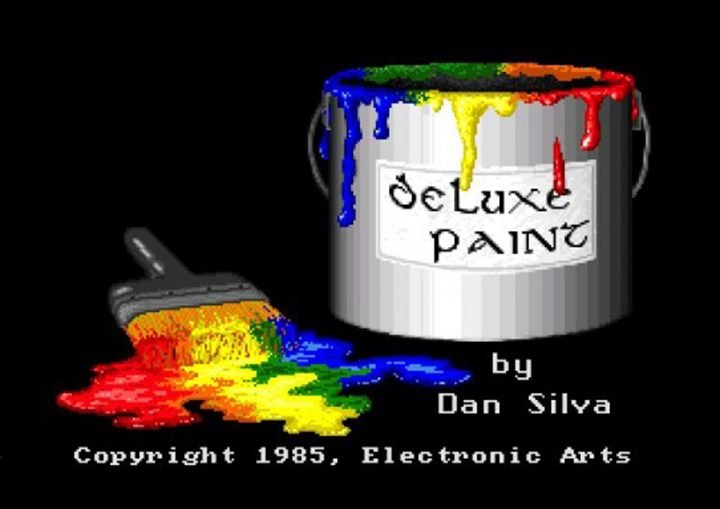
Success and change – Electronic Arts Inc.
The second half of the 1980s, and the beginning of the 90s signified a period of great success and great change for Electronic Arts. The most successful releases were for Amiga machines, to which EA had access even before the platform launched on the market. 1988 brought the release of F/A-18 Interceptor, a Top Gun-inspired simulator with absolutely cutting-edge graphics; a year later, Populous was released, marking the beginning of an entirely new genre of god games. We've already mentioned Deluxe Paint, which has become a real trademark of Amiga. EA has also developed programs for creating music and animation, and some of them have been released for other computers.
The company went public in 1990, but Trip Hawkins had lost some interest in games by that moment. He became increasingly interested in hardware, driven by desire to create his own platform. A side-project evolved into a big, serious undertaking, resulting in another company in Hawkins' portfolio. This is how the 3DO console was created, but its fate is a completely different story. In any case, Trip was no longer the CEO, soon thereafter leaving the board. He was replaced by Larry Probst, who worked as head of sales almost from the very beginning of the company. In 1991, the abbreviation "Inc." was added to the name.
EA munchies, or corporate appetite
It's early 1990s. The previous decade changed everything about the digital world. Games were now made by increasingly large studios, on increasingly sizable budgets. Electronic Arts, in addition to opening branches in Europe and Japan, started to take over smaller studios – competitive, or just those whose game it used to publish. It all started with Distinctive Software in 1991, the authors of the first installments of Test Drive or Wings of Fury, a shooter. Today, it's the oldest and largest subsidiary of EA, operating under the name EA Vancouver.
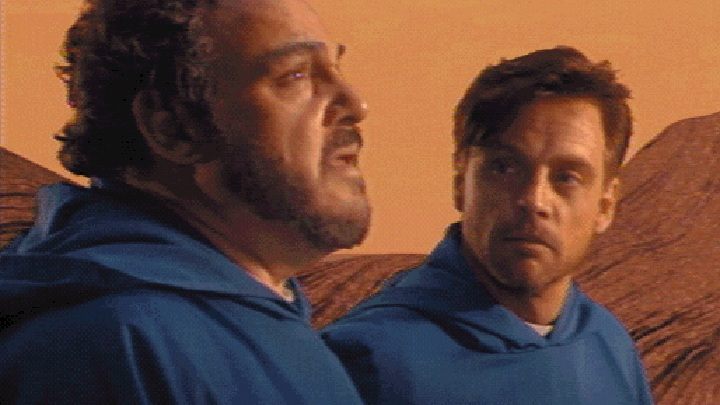
A year later, Origin Inc. became part of EA. It was one of the most talented and revolutionary studios of the time. The acquisition of Origin brought such celebrities as Richard Garriott and Chris Roberts, authors of the Ultima and Wing Commander series. Under the EA, not only were subsequent installments of these series released – there were also new ones like Strike Commander and the simulator Jane 's Apache AH-64D Longbow.
The next acquisition was Bullfrog in 1995, the authors of the aforementioned Populous, who later brought such great titles as Syndicate, Magic Carpet, Theme Park, and Theme Hospital. Bullfrog's boss, no less famous Peter Molyneux himself, was even vice president of EA for some time, but after two years he left to start another studio – the equally legendary Lionhead. In 1997, Electronic Arts acquired Maxis, the creators of the popular SimCity series, and in 1998, Westwood Studios, thus obtaining rights to the Command & Conquer and Lands of Lore, to name the most recognizable titles.


